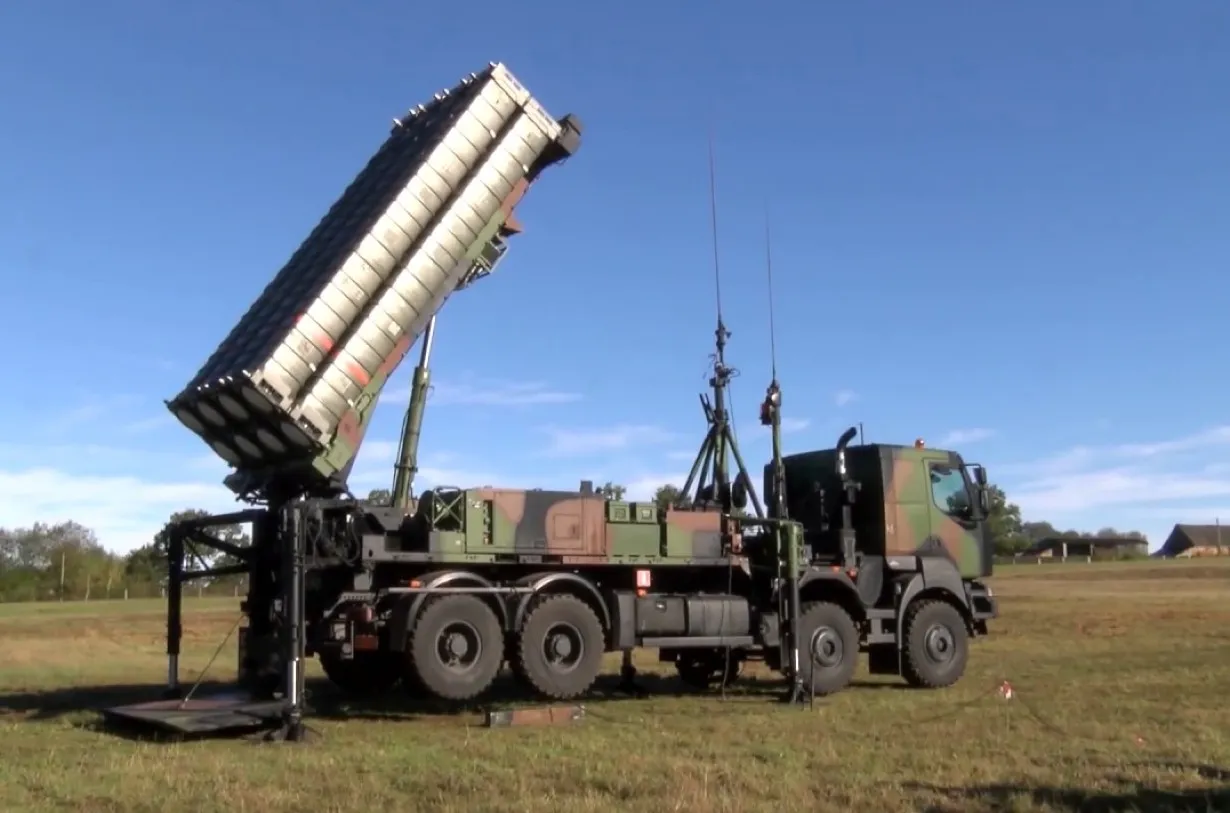International
After Italy, no one wants to protect Slovak skies. Is it due to the new Fico government?

Concerns in Bratislava after the announcement that Italy will withdraw its SAMP/T air defense system, deployed a year ago to replace the Patriots that the United States deployed in 2022 after the Russian attack on Ukraine.
A withdrawal was “planned from the beginning of the deployment,” the Italian Defense Ministry points out, emphasizing our country’s strong and constant support for the allies along the Alliance’s eastern border.
The Italian battery had been made operational in early April last year with 150 Italian Army counter-aircraft artillerymen from the Sabaudia Counter-Aircraft Artillery Command and the dependent 4th “Peschiera” Regiment in Mantua as part of the NATO operation called Enhanced Vigilance Activity aimed at strengthening the air defense devices deployed by NATO along the Ukrainian borders.
The news of the withdrawal of the Italian battery was made known by Slovak Prime Minister Robert Fico. “We have received notice from the Italian government that the system they lent us for a year will be withdrawn because they need it somewhere else,” the Bratislava prime minister wrote, saying he was concerned about his country’s defense.
“The previous Slovak government had given the only battery of the S-300 air defense system to Ukraine,” Fico pointed out, recalling that in return, Western countries had pledged to guarantee the defense of Slovak skies.
“We had the American Patriots for a while, but then they were withdrawn. Now there goes the Italian system. I wonder who will ever protect our nuclear power plants and other strategic targets. It doesn’t seem to me that anyone cares about that,” he pointed out.
From Rome came confirmation of the withdrawal, stressing that it had been planned from the beginning. In fact, it is likely that Rome planned to keep its antiaircraft batteries precisely for one year, given the scarcity of these important elements of Italian air defense. Italy had come forward to replace the Patriots after only one year, even persuading that some other country would replace its battery or that Slovakia would purchase a battery in the interim. Instead, this did not happen
Italy, it is recalled, has committed two contingents, both with a six-month mandate, for a total of 320 military personnel and 180 vehicles that, since April 2023, have ensured, 24 hours a day and seven days a week from Malacky, the full operation of the SAMP/T battery within the Integrated Air and Missile Defense System (IAMDS).
During the course of the operation, Italy collaborated with assets from Slovakia and other allied countries, such as Germany, the Czech Republic, Hungary, and the United States of America, “increasing the level of interoperability and standardization among NATO Armed Forces.”
It was not specified where the Italian SAMP/Ts withdrawn from Slovakia are being requested, taking into account that Rome and Paris jointly provided such a system to Ukraine.
The continuing conflict certainly does not eliminate potential threats to NATO countries bordering Ukraine, especially those related to off-course ballistic or cruise missiles. For this reason, the withdrawal of the Italian battery without its replacement by similar allied systems lends itself to several assessments.
With the supply of Patriot batteries to Ukraine (some destroyed by the Russians), the U.S. and other allies committed to supplying Kiev may be short of medium- and long-range air defense systems to transfer to Bratislava, which last December signed a contract with Israel Aerospace Industries (IAI) to supply 3 Barak MX mobile medium-range air defense systems (MRSAM-M) (in the coto below) worth more than 128 million euros.
Probably the fact that the new Slovak president Fico and his government have taken a pro-Russian stance and stopped sending arms to Ukraine has caused other countries, who could have replaced Italy in its efforts, to back off from providing temporary air cover.
The Slovak government’s greater proximity to Russia was also perceived as a lower risk of a possible attack from Moscow on Bratislava. So no volunteers were found to replace the Italian commitment.
In the meantime, however, Bratislava, with the previous government, sent its 11 Mig-29s to Ucraiana and thus had to procure the most modern of the F-16, the F16Vs, of which 14 have been ordered and the first two, just delivered, are being used at this time to train Slovak pilots in the U.S.






